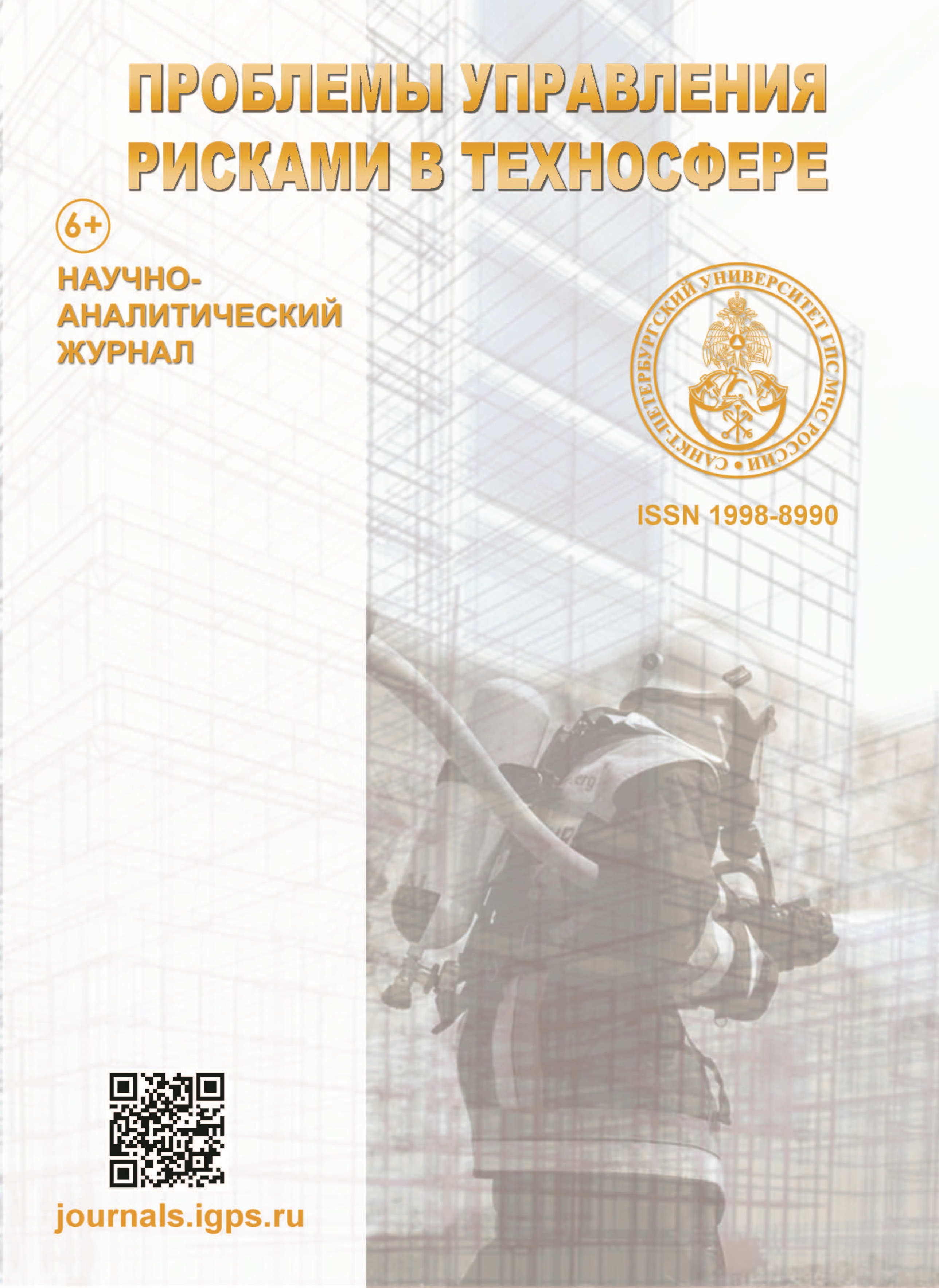Проведен анализ значения промышленных кластеров и кластерной политики, являющимися важными элементами стратегий и концепцией инновационного развития высокотехнологических отраслей. Приведены результаты эмпирических исследований возникновения спилловеров в кластерах.
промышленные кластеры, региональное развитие, спилловер, инновации
1. Кластерные политики и кластерные инициативы: теория, методология, практика: монография / под. ред. Ю.С. Артамоновой, Б.Б. Хрусталева. Пенза, 2013. C. 230.
2. Концепция Кластерной политики в Российской Федерации. URL: http://www.poria.ru/files/konc_klastern_259_10.doc (дата обращения: 15.07.2014).
3. Методические рекомендации по реализации кластерной политики в субъектах Российской Федерации (подписаны зам. Министра эконом. развития Рос. Федерации А.Н. Клепачем) от 26 дек. 2008 г. № 20636-АК/Д19. Доступ из информ.-правового портала «Гарант».
4. A Practical Guide to Cluster Development: A Report to the Department of Trade and Industry and the English RDAs by Ecotec Research & Consulting / Department of Trade and Industry. London, 2014. URL: http:/www.dti.gov.uk/files/file 1408.pdf (дата обращения: 10.11.2014).
5. Портер М.Э. Конкуренция: пер. с англ. М., 2005. C. 608.
6. Learning from What Others Have Learned from You: The Effects of Knowledge Spillovers on Originating Firms / H. Yang // Academy of Management Journal. 2010. 53 (2). P. 371-389.
7. Jaffe A.B., Trajtenberg M., Henderson R. Geographic Localization of Knowledge Spillovers as Evidence by Patent Citations // Quarterly Journal of Economics. 1993. Vol. 108. P. 577-598.
8. Xiaolei Kong. Intellectual Property Protection in Cluster: An exploration research // Globelics 2010 8th International Conference «Making Innovation Work for Society: Linking, Leveraging and Learning». 2010. University of Malaya, Kuala Lumpur, Malaysia. 1-3 november.
9. Breschi S., Lissoni F. Knowledge spillovers and local innovation systems: a critical survey // Industrial and Corporate Change. 2001. №. 10. P. 975-1005.
10. Döring T., Schnellenbach J. What do we know about geographical knowledge spillovers and regional growth survey of the literature // Regional Studies. 2006. Vol. 40. №. 3. P. 375-395.
11. Huber F. Do clusters really matter for innovation practices in information technology?: Questioning the significance of technological knowledge spillovers // DRUID Summer Conference. London, 2010. 16-18 june.
12. Moodysson J. Principles and practices of knowledge creation: on the organization of «buzz» and «pipelines» in life science communities // Economic Geography. 2008. №. 84. P. 449-469.
13. Audretsch D.B., Feldman M. PR&D Spillovers and the Geography of Innovation and Production // WZB Discussion Paper FS IV 94-2. Berlin, 1994.
14. Camagni R. (ed.) Innovation networks: Spatial perspectives. London: Belhaven Press, 1991.
15. Malmberg A., Maskell P. The elusive concept of localization economies: towards a knowledge-based theory of spatial clustering // Environment and Planning A. 2002. №. 34. P. 429-449.
16. Gordon I., McCann P. Industrial clusters: complexes, agglomeration and/or Social Networks // Urban Studies. 2000. №. 37. P. 513-532.
17. Beaudry C., Schiffauerova A. Who’s Right, Marshall or Jacobs? The Localization Versus Urbanization Debate // Research Policy. 2009. №. 38. P. 318-337.
18. Krugman P. Geography and Trade. Cambridge, MA: MIT Press, 1991.
19. Martin R., Sunley P. Deconstructing Clusters: Chaotic Concept or Policy Panacea? // Journal of Economic Geography. 2003. №. 3. P. 5-35.
20. Черенков В.И. Маркетинговый подход к категоризации каналов глобальной диффузии инноваций // Проблемы современной экономики. 2013. №. 4 (48). С. 211-215.





